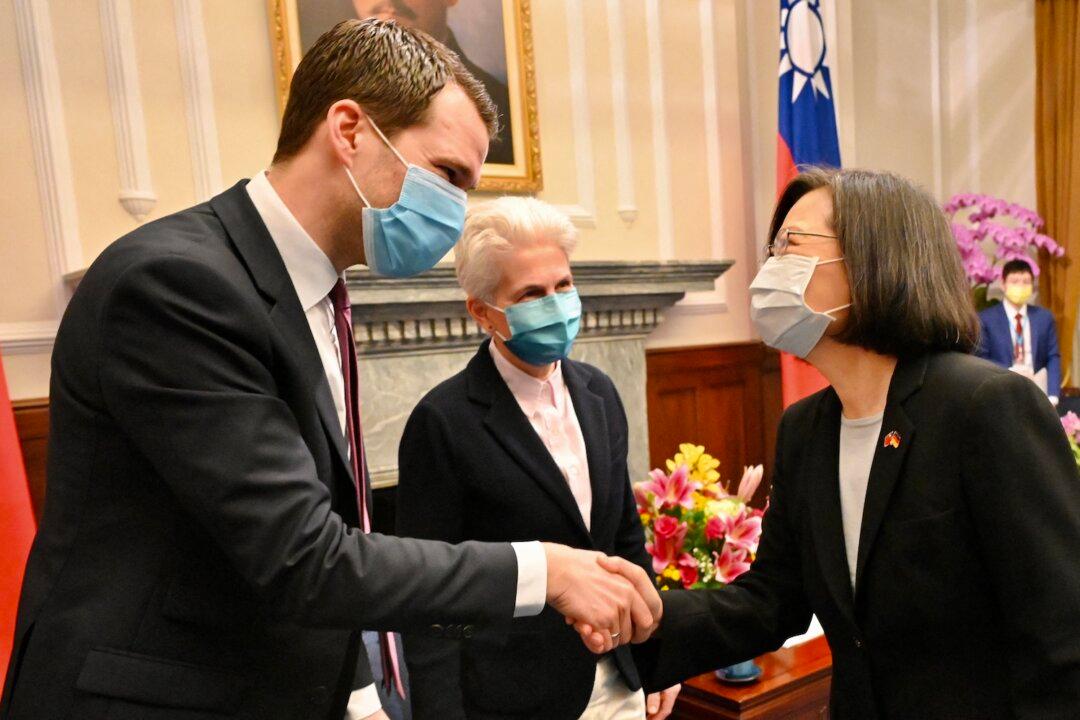Taiwan’s president told German lawmakers on Tuesday that her nation seeks to boost ties with Germany to counter “authoritarian expansionism,” alluding to the security threat posed by the Chinese Communist Party (CCP).
Tsai Ing-wen called on democratic countries to jointly uphold regional stability in the face of authoritarian expansion, citing the CCP’s large-scale military drills across the Taiwan Strait in August 2022.





